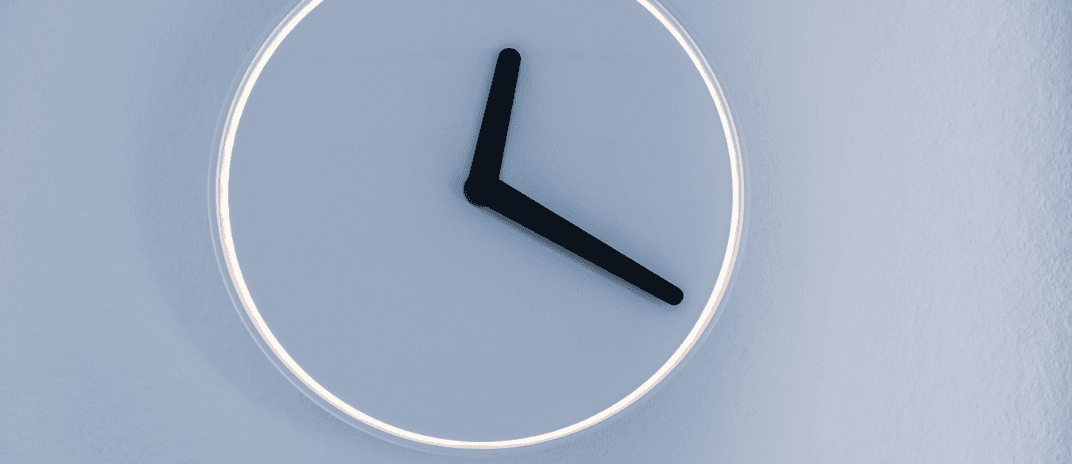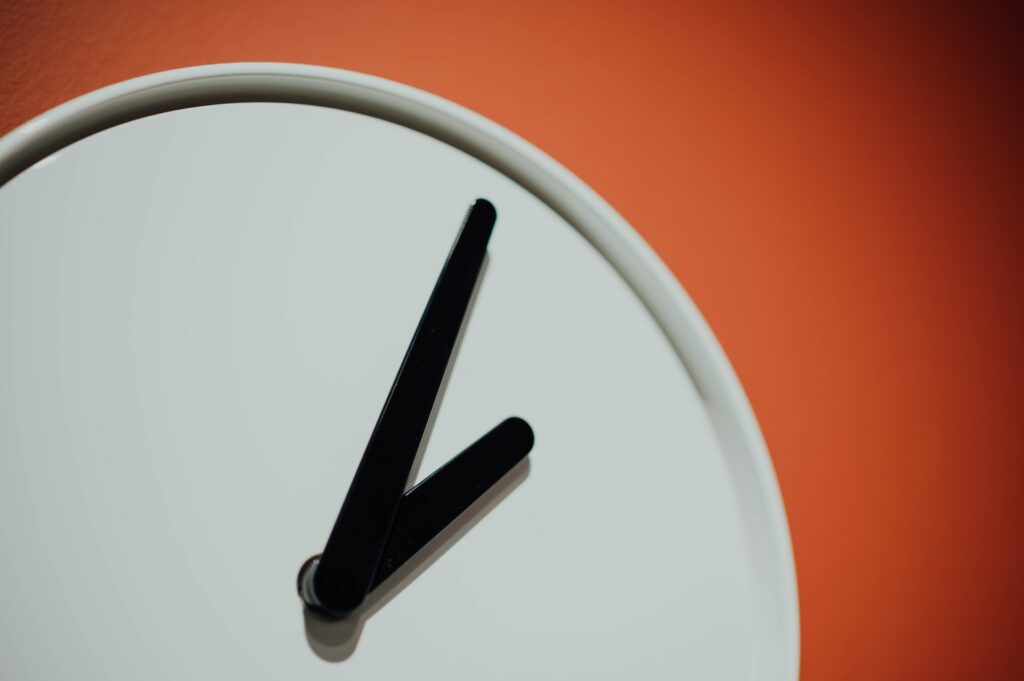


Do you lose an hour of sleep in the fall because of daylight saving time? Well, I’ve got good news for you! In this article, we’ll explore the effects of daylight saving time on your sleep and provide you with practical strategies to minimize sleep loss.
From planning ahead to creating a sleep-friendly environment, we’ll help you maintain a healthy sleep routine.
Daylight Saving Time, also known as DST or daylight savings time, is a practice where clocks are set forward one hour in the spring and set back one hour in the fall. The concept of DST was proposed by George Hudson in 1895, but it was during World War I that countries like Germany implemented it for energy-saving purposes.
In the United States, DST became a national standard in 1966 with the Uniform Time Act. Today, over 70 countries observe DST, including the United Kingdom and Europe.
The Sunshine Protection Act is a suggested federal law in the United States aiming to make daylight saving time a permanent standard. This would eliminate the biannual clock changes. The bill has been brought forth in multiple Congressional sessions. In 2022, it passed in the Senate through unanimous consent, although post-vote, several senators expressed they would have opposed it had they realized it was likely to pass.

When daylight saving time is implemented, you may experience the effects of losing an hour of sleep. The shift in time can disrupt your body’s natural sleep-wake cycle, known as the circadian rhythm. This disruption can lead to difficulty falling asleep and cumulative sleep loss.
It’s important to understand that even though we gain an extra hour of sleep in the fall when daylight saving time ends, the adjustment to the time change can still result in a net sleep loss over the next week.
Additionally, studies have shown that daylight saving time changes can increase the risk of traffic accidents, workplace injuries, and even cardiovascular and neurology-related risks. It’s crucial to prioritize good sleep hygiene and take steps to minimize sleep loss during this time.
The disruption caused by daylight saving time can throw off your body’s circadian rhythm and its alignment with the social clock. Here’s how it happens:
Understanding the effects of daylight saving time on your circadian rhythm and social clock can help you better prepare for the time change and minimize sleep disruptions.
To minimize sleep loss and maintain good sleep hygiene, you can start by making adjustments to your sleep schedule. When daylight saving time ends and you gain an hour of sleep, it’s important to adjust gradually to the time change. This means shifting your bedtime and wake-up time back by 15 minutes each day leading up to the time change.
By doing so, you can help your body adapt to the new schedule without disrupting your circadian rhythm too much. Additionally, practicing good sleep hygiene is crucial. Create a sleep-friendly environment by keeping your bedroom dark, quiet, and cool.
Limit exposure to electronic devices before bedtime and practice relaxation techniques to improve sleep quality. By implementing these strategies, you can minimize sleep loss and maintain healthy sleep habits. To improve your sleep quality further, start tracking your sleep with ShutEye®.
In conclusion, while daylight saving time may seem like a small adjustment, it can have significant effects on our sleep and overall well-being. Losing an hour of sleep can disrupt our circadian rhythm and lead to sleep difficulties and increased risks.
However, by implementing strategies such as planning ahead, creating a sleep-friendly environment, and maintaining a consistent sleep schedule, we can minimize the impact of daylight saving time and maintain a healthy sleep routine.
Prioritizing our sleep is crucial for our overall health and well-being.
Zhang, H., Dahlén, T., Khan, A., Edgren, G., & Rzhetsky, A. (2020). Measurable health effects associated with the daylight saving time shift. PLoS computational biology, 16(6), e1007927. https://doi.org/10.1371/journal.pcbi.1007927